Top Things To Do In Panama In 2026
Panama’s geographic size is modest, but its global relevance is not. The country connects two oceans and two continents, operates on a dollarized...
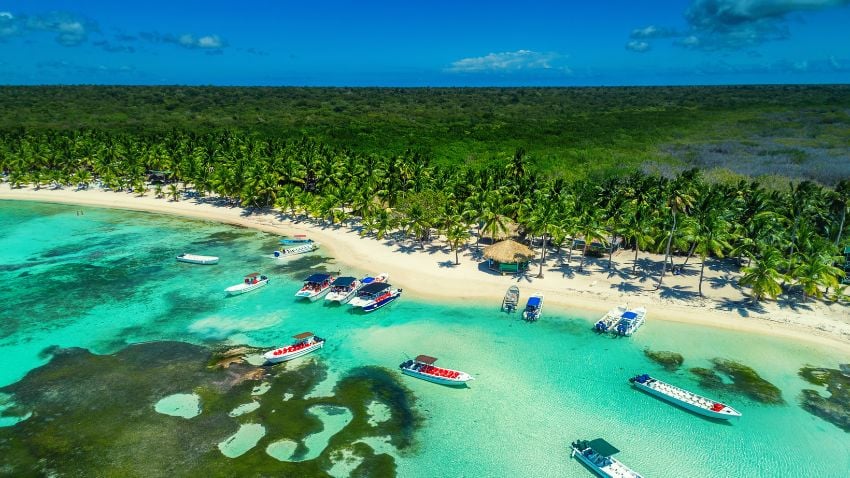
6 min read
Located in the Caribbean and bordered by Haiti, the Dominican Republic is a beautiful country with many things to see and do. As with most Caribbean islands, the weather is warm, the beaches are out of this world, and the people are friendly and welcoming. The Dominican Republic is a very low-cost country with a minimum wage of $222 USD, and you can live a very enjoyable lifestyle with around $1,000 USD.
While it is a beautiful place to live in, you must be very careful with storm seasons. It is common for hurricanes to hit the Dominican Republic, so keeping yourself updated, stocked up on food, and having a storm plan is essential. However, the buildings in the Dominican Republic are storm resistant so just keep yourself safe and aware.
With that said, be prepared to enjoy very mild weather most of the year, with the heat being balanced out by the fresh ocean breeze. Some unique forests to explore, many gorgeous beaches to relax on, and some very delicious foods to accompany your down time. Though be careful, theft can be common outside tourist areas and during nighttime.
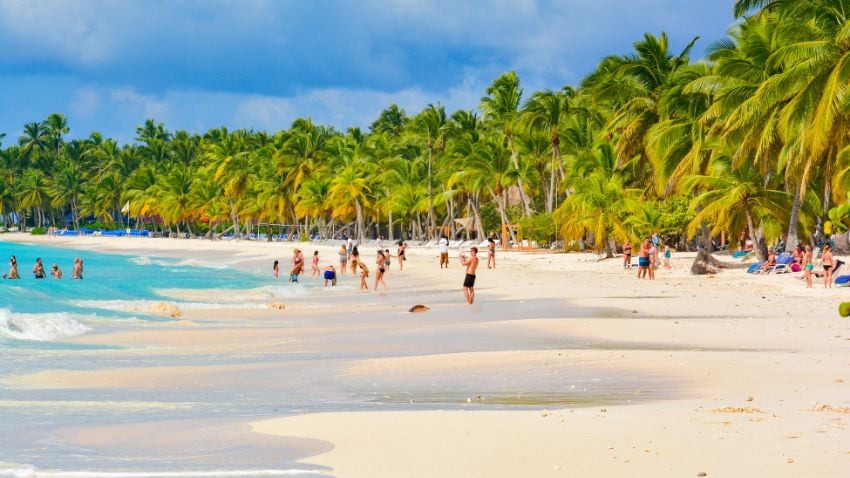
Expat relaxing with family on a beach in the Dominican Republic
The Dominican culture combines European, African, and Tano traditions and practices. They celebrate Carnival every February with parades, street dancing, culinary festivals, and music. There are celebrations the week before Easter Sunday as well. The week is filled with parades, beauty contests, and many celebrations in every town around the country.
In honour of the nation's freedom battles, national holidays are observed on February 27 and August 16. Other festivals fall entirely under the purview of the Roman Catholic church's calendar. Still, how they are celebrated demonstrates a blending of the official church and long-standing folk customs.
Health care in the Dominican Republic is quite affordable. However, the Dominican Republic's health system is still developing. The country is well ahead of its neighbours in several specialties, such as laser surgery, which attracts many medical tourists. Dentistry is one of the other high-quality medical services which also attracts medical tourists as you pay less for great services. There are public and private hospitals available in addition to health insurance programs.
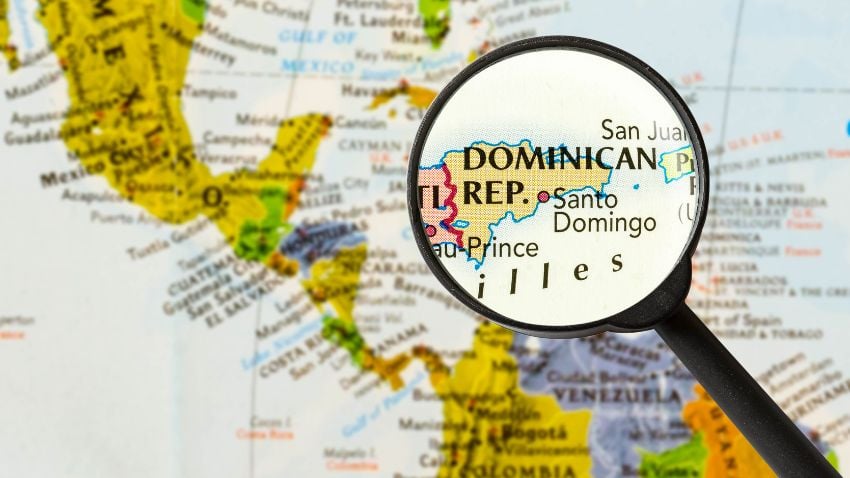
Map of Dominican Republic
There are three ways to become a Dominican Republic resident. The first is applying for a temporary residency permit in the Dominican Republic. This is time-consuming and requires you to apply for a permanent residency visa after five years of temporary residency. The second method we will cover is the permanent residency by investment program. This process will save you time; as the saying goes, time is money. The last visa we will briefly cover is for those that wish to live and retire in the Dominican Republic, the rentista or pensionado visa.
Some general requirements for all visas include being in excellent health, having enough money to maintain yourself, and having a clean criminal record.
Although the application procedure is simple, getting professional help and apostilling your documents can expedite the entire residency procedure. You can always contact us to help you with your second residency in the Dominican Republic.
Related article: The Basics Of How To Get A Second Passport Or A Second Residency.
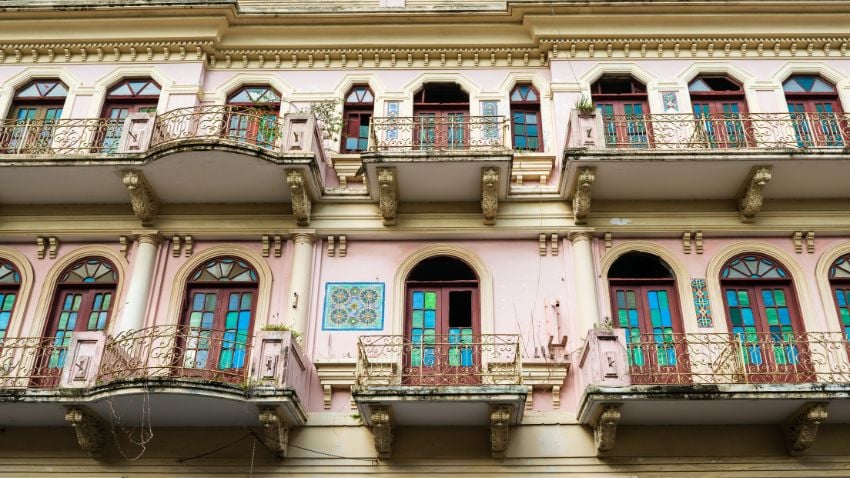
One of the many places you can vist in the Dominican Republic
The first method is to obtain a “provisional residency” through a temporary residency permit. This can be obtained through the nearest Migration Office of the Dominican Consulate. The temporary residency visa is valid for a year and can be renewed. Below you will find a summary of the requirements.
You will need to file an application form and submit the following documents along with it:
You will need to translate to Spanish and apostille your documents and certificates. There is also a non-refundable visa fee. Upon approval, you will receive your one-year renewable temporary residency visa.
Related content: St. Kitts And Nevis' Citizenship Program Undergoes Monumental Overhaul
After renewing your temporary visa for five years, you can apply for a permanent residency visa. The same documents you need for the temporary residency visa will also be required for the permanent residency visa. You will be given a Letter of Deposit once this is approved, which grants you the right to permanent residency in the Dominican Republic.
The General Immigration Act and its rules and the Foreign Investment Act both recognize the Dominican Republic's Permanent Residency by Investment program as a legal privilege. It exempts a foreign national from the application process for temporary residency.
You can obtain the residency by investment by different means, and these can be either by investing in properties, bringing in your regular passive income, or by applying for the residency by investment for pensioners program. Any residency by investment program will grant you permanent residency immediately, saving you up to five years of waiting time.
Related content: The Many Residency By Investment Options In The Cayman Islands
You must renew your permanent residency visa one year after obtaining it and after that once every four years.
If the program's investment/income requirements are still satisfied after two years of permanent residency, you can be qualified for naturalization.
One requirement to obtain citizenship is being fluent in Spanish, the Dominican Republic’s official language. Other conditions include knowledge of the nation's traditions, values, and culture.
Although there isn't a formal physical residency requirement, it is advised to spend a considerable amount of time in the country before naturalization to establish some connection to the nation.
The Dominican Republic's minimum real estate investment requirement for an investor visa is $200,000 USD, made through a registered business, and must be used to purchase a house or condo there.
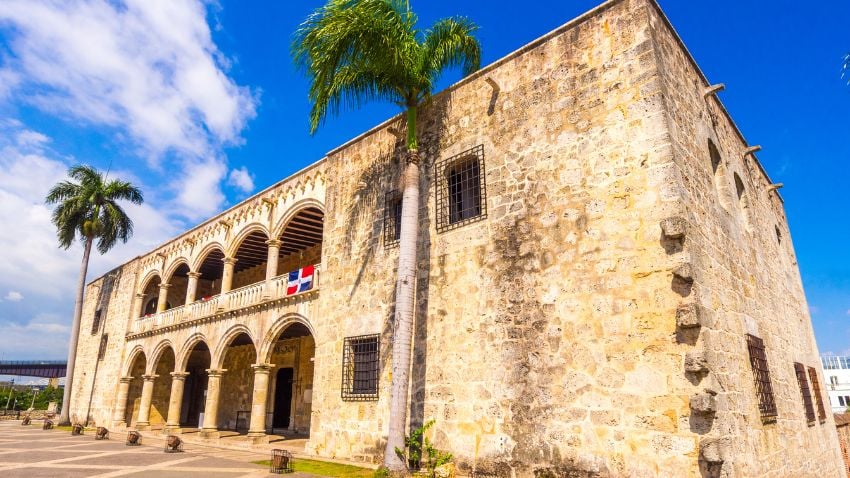
Alcazar de Colon in Santo Domingo, Dominican Republic
Below I will briefly list all requirements for the residency by investment:
Here I will list all the documents that will be required:
Related content: Dominica - How To Get A Second Passport
If you can prove that you receive a retirement pension from a foreign government, official organization, private business, or financial institution worth at least $1,500 USD and that you can transfer it to a local bank. In that case, you may be granted a permanent residency visa in the Dominican Republic. The program has no minimum age requirement for participation.
A further sum of $250 USD is needed for each dependent. You must also demonstrate that a minimum monthly pension transfer of $1,500 USD has been made to a local bank to renew the permanent residency permit and/or submit a naturalization application.
An applicant for a rentista visa must have earned at least US $2,000 per month during the previous five years from any income obtained from investments to be eligible.
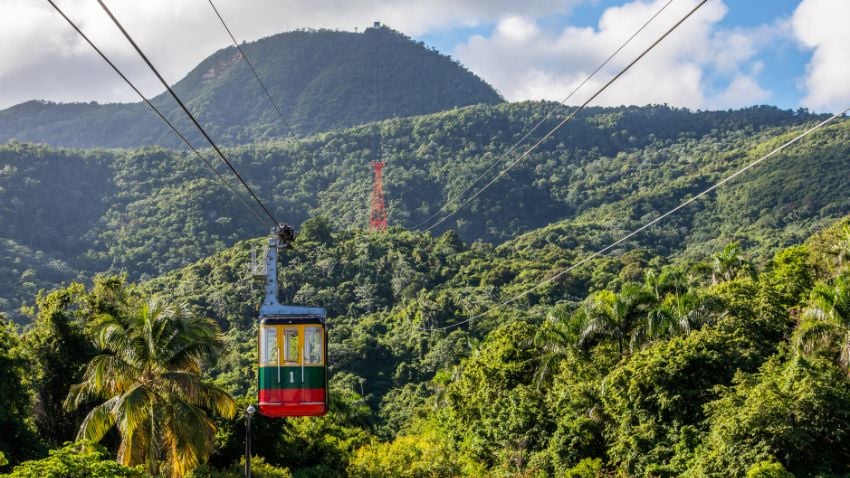
You can ride the Teleferico in Puerto Plata, Dominican Republic
Being a permanent resident has a few benefits not yet mentioned. I have listed some of them for you:
The Dominican Republic can provide people with an excellent lifestyle with stunning surroundings, a high level of living with relatively low costs compared to other islands in the region and the USA, and an exquisite location with some of the best beaches in the world. We can’t forget the friendly and welcoming people that will take you in warmly, just like the weather.
If you want the best intel from the expat world, including profitable offshore opportunities, little-known tax-saving strategies, and hard-won insights on immigration, passports, and Plan-B residencies, all delivered to your inbox every single week, then join our daily correspondence, EMS Pulse®. Currently enjoyed by over 84,000 expats and expat-hopefuls worldwide. Fill in the form below to join our newsletter free:

Written by Mikkel Thorup
Mikkel Thorup is the world’s most sought-after expat consultant. He focuses on helping high-net-worth private clients to legally mitigate tax liabilities, obtain a second residency and citizenship, and assemble a portfolio of foreign investments including international real estate, timber plantations, agricultural land and other hard-money tangible assets. Mikkel is the Founder and CEO at Expat Money®, a private consulting firm started in 2017. He hosts the popular weekly podcast, the Expat Money Show, and wrote the definitive #1-Best Selling book Expat Secrets - How To Pay Zero Taxes, Live Overseas And Make Giant Piles Of Money, and his second book: Expats Guide On Moving To Mexico.

Panama’s geographic size is modest, but its global relevance is not. The country connects two oceans and two continents, operates on a dollarized...

Honduras’ newly elected president, Nasry Asfura of the conservative National Party, was sworn in on January 27, 2026. The election, held on November...

For a growing number of Americans, cost-of-living math no longer works. Housing feels harder to reach, everyday costs keep climbing, and long-term...